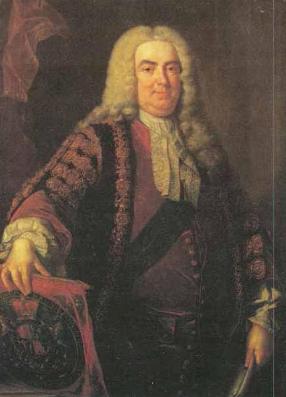Prime Path
| Time Limit: 1000MS | Memory Limit: 65536K | |
| Total Submissions: 18800 | Accepted: 10567 |
Description
 The ministers of the cabinet were quite upset by the message from the Chief of Security stating that they would all have to change the four-digit room numbers on their offices.
The ministers of the cabinet were quite upset by the message from the Chief of Security stating that they would all have to change the four-digit room numbers on their offices.— It is a matter of security to change such things every now and then, to keep the enemy in the dark.
— But look, I have chosen my number 1033 for good reasons. I am the Prime minister, you know!
— I know, so therefore your new number 8179 is also a prime. You will just have to paste four new digits over the four old ones on your office door.
— No, it’s not that simple. Suppose that I change the first digit to an 8, then the number will read 8033 which is not a prime!
— I see, being the prime minister you cannot stand having a non-prime number on your door even for a few seconds.
— Correct! So I must invent a scheme for going from 1033 to 8179 by a path of prime numbers where only one digit is changed from one prime to the next prime.Now, the minister of finance, who had been eavesdropping, intervened.
— No unnecessary expenditure, please! I happen to know that the price of a digit is one pound.
— Hmm, in that case I need a computer program to minimize the cost. You don’t know some very cheap software gurus, do you?
— In fact, I do. You see, there is this programming contest going on… Help the prime minister to find the cheapest prime path between any two given four-digit primes! The first digit must be nonzero, of course. Here is a solution in the case above.
1033
1733
3733
3739
3779
8779
8179
The cost of this solution is 6 pounds. Note that the digit 1 which got pasted over in step 2 can not be reused in the last step – a new 1 must be purchased.
Input
One line with a positive number: the number of test cases (at most 100). Then for each test case, one line with two numbers separated by a blank. Both numbers are four-digit primes (without leading zeros).
Output
One line for each case, either with a number stating the minimal cost or containing the word Impossible.
Sample Input
3
1033 8179
1373 8017
1033 1033
Sample Output
6
7
0
题意
给你n,m分别是素数,求由n到m变化的步骤数,规定每一步只能改变个十百千一位的数(千位不能为零),且变化得到的每一个数也为素数。
思路
首先进行素数打表,打出10000以内的所有素数(或者1000-10000),然后bfs。
对n变化个十百千的每一位,变化后检测是否为素数,若是,加入队列,同时标记已访问,然后对队列中的数进行同样的操作,直到某一次变化产生m,输出最少的变换次数。
若不可能达到m,则会在遍历完[1000-9999]之间所有素数后退出。
AC 代码
#include<iostream>
#include<algorithm>
#include<stdio.h>
#include<string.h>
#include<math.h>
#include<iostream>
using namespace std;
#include<vector>
#include<queue>
#define Max 10000
int prime[Max];
bool isvis[Max]; //已经访问过的数字不需要重新加入队列
void IsPrime() //素数打表
{
prime[0]=prime[1]=0;
prime[2]=1;
for(int i=3; i<Max; i++)
prime[i]=i%2==0?0:1;
int t=(int)sqrt(Max*1.0);
for(int i=3; i<=t; i++)
if(prime[i])
for(int j=i*i; j<Max; j+=2*i) //优化
prime[j]=0;
}
struct point
{
int data;
int time; //当前进行到第几步
point(int data,int time)
{
this->data=data;
this->time=time;
}
};
int solve(point a,int b)
{
memset(isvis,false,sizeof(isvis));
queue<point>sk;
sk.push(a);
while(!sk.empty())
{
point p=sk.front();
sk.pop();
if(p.data==b)return p.time;
isvis[p.data]=true;
for(int i=10; i<=10000; i*=10) //从低到高枚举
{
for(int j=(i==10000)?1:0; j<=9; j++) //最高位不能是0
{
int num=p.data/i*i+i/10*j+p.data%(i/10); //计算当前的数字
if(!isvis[num]&&prime[num])
sk.push(point(num,p.time+1));
}
}
}
return -1;
}
int main()
{
IsPrime();
int n;
while(~scanf("%d",&n))
{
int a,b;
for(int i=0; i<n; i++)
{
scanf("%d%d",&a,&b);
int ans=solve(point(a,0),b);
printf(ans==-1?"Impossible\n":"%d\n",ans);
}
}
return 0;
}


